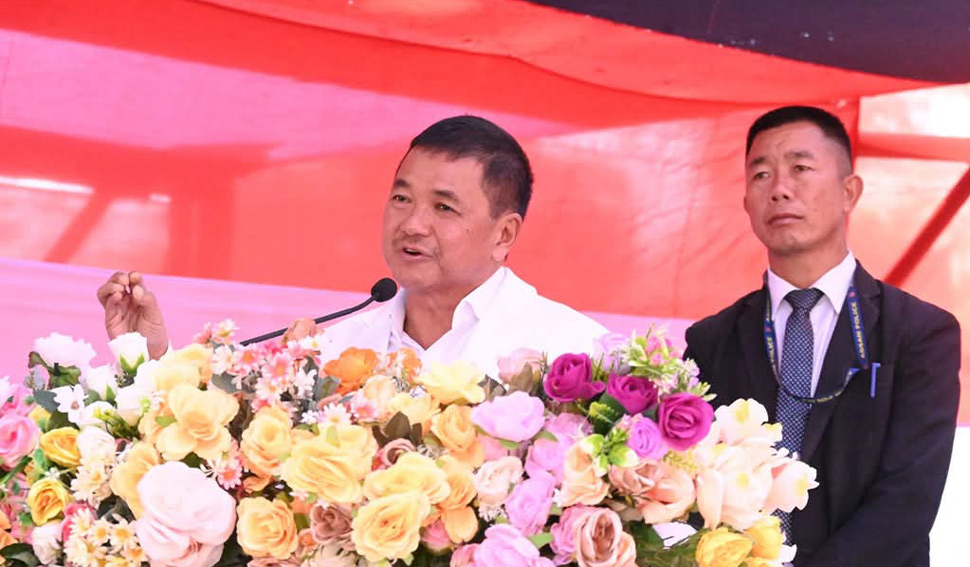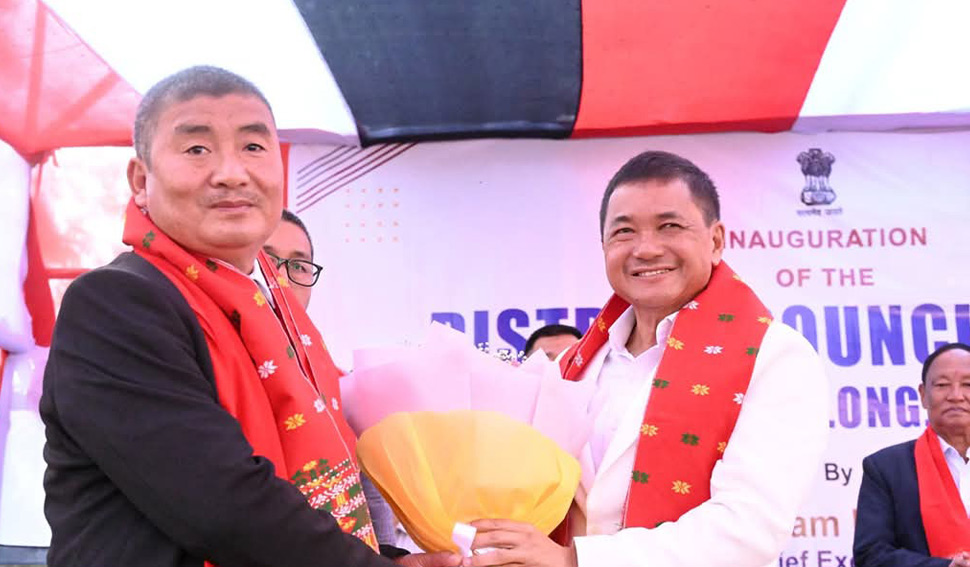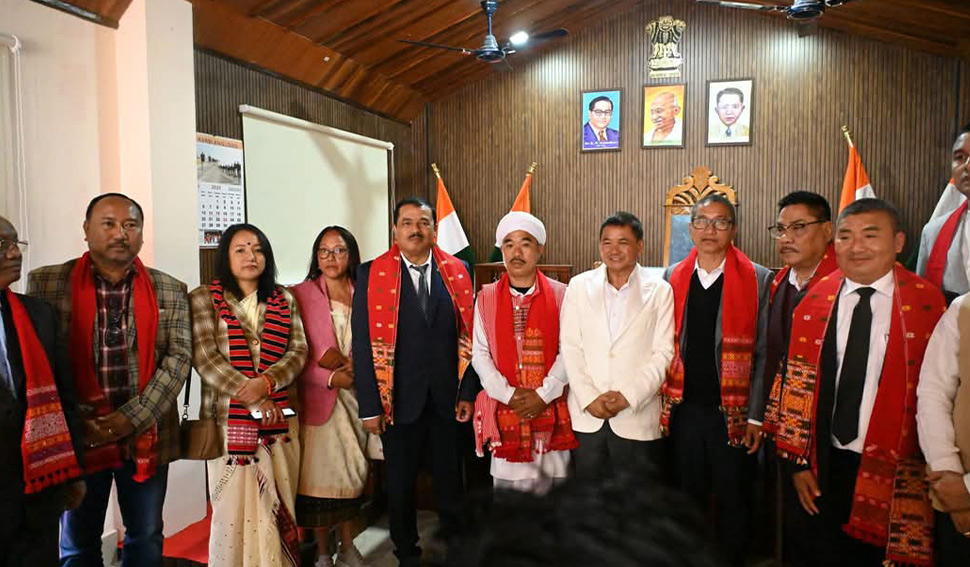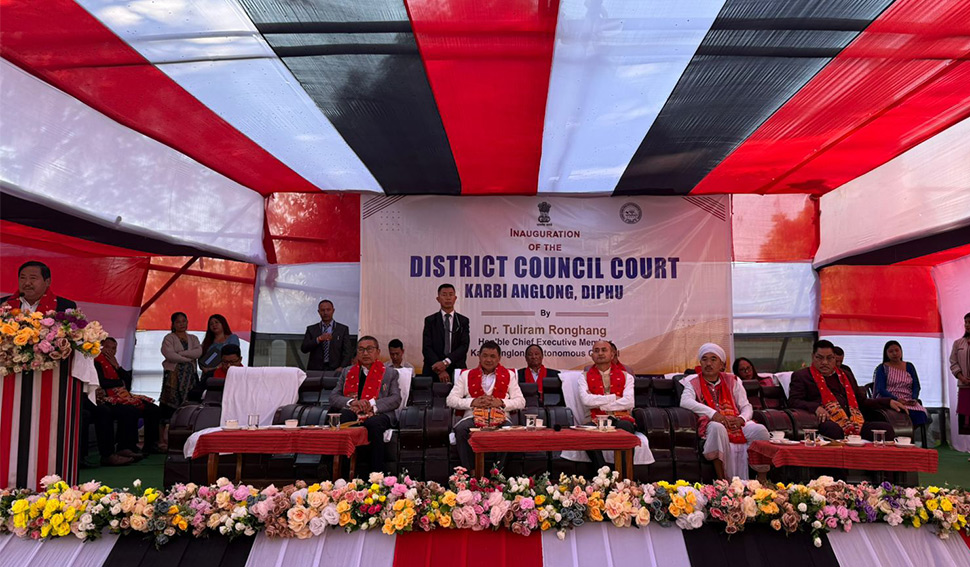Karbi Anglong District Council Court inaugurated, new judicial system introduced for tribal civil cases

The Karbi Anglong Autonomous Council (KAAC), encompassing Karbi Anglong and West Karbi Anglong districts in Assam, has inaugurated its first District Council Court (DCC) to adjudicate civil cases between tribal parties. The Court, established at the KAAC Secretariat Complex, marks a historic milestone, coming 73 years after the council’s creation on June 23, 1952.
The DCC has been constituted under Paragraph 4 of the Sixth Schedule of the Indian Constitution and the Mikir Hills Autonomous District Administration of Justice Rule, 1954.
The inauguration was led by Chief Executive Member (CEM) Tuliram Ronghang in the presence of dignitaries, including KAAC Chairman Raju Tisso, MP Amarsing Tisso, other KAAC members, and traditional Karbi King Longsing Ronghang.
The DCC will handle cases such as adultery, theft, marriage laws, land and property disputes, and other civil suits with punishments up to five years.
Cases requiring punishments beyond five years will need approval from the Governor of Assam for trial.
The Court hierarchy includes the District Council Court, the Subordinate Court, and the Village Court. The appointments include Judge Sarthe Ronghi, Additional Judge Dhonison Lekthe and Judicial Officers Micky Teron and Bilcham Teron.
The new court enables the resolution of tribal disputes locally, without resorting to higher judicial bodies like the High Court or Supreme Court.
It addresses a longstanding need for a formal judicial mechanism tailored for tribal communities.
Plans are underway to establish a village police force, with the initiative receiving support from Chief Minister Himanta Biswa Sarma.
The establishment of the District Council Court strengthens the judiciary pillar in tribal governance, providing a platform for efficient and accessible justice. This achievement reflects decades of effort by notable leaders, including former EM Elwin Teron and former MLA Dr. Dharamsing Teron, who were instrumental in this initiative.
As Judge Sarthe Ronghi explained, the DCC is a testament to the constitutional provisions of the Sixth Schedule, ensuring justice within the framework of tribal autonomy.
In his address, Ronghang said the construction of the Court building started in 2005 and after a long wait it has been inaugurated today. Persons like former EM Elwin Teron and former MLA Dharamsing Teron have contributed much for starting the functioning of the Court. In DCC pity cases adultery, theft, marriage law, land and property suits will be dealt.
The CEM also mentioned about the setting up of village police as the Chief Minister Himanta Biswa Sarma has agreed to it. Very soon the KAAC will have its own police force, the CEM stated.
MP Tisso said for smooth governing in a democratic country four pillars; they are legislature, executive, judiciary and media. Now without approaching the judicial courts (high court and supreme court), trials between tribal to tribal parties can be resolved in the District Council Court.




Leave a Reply